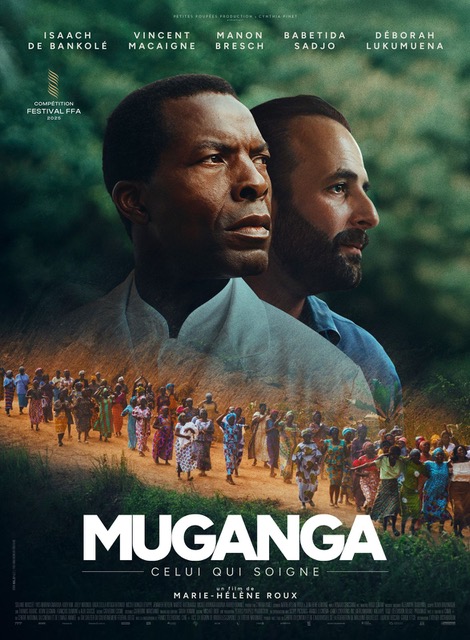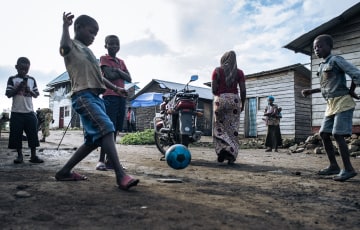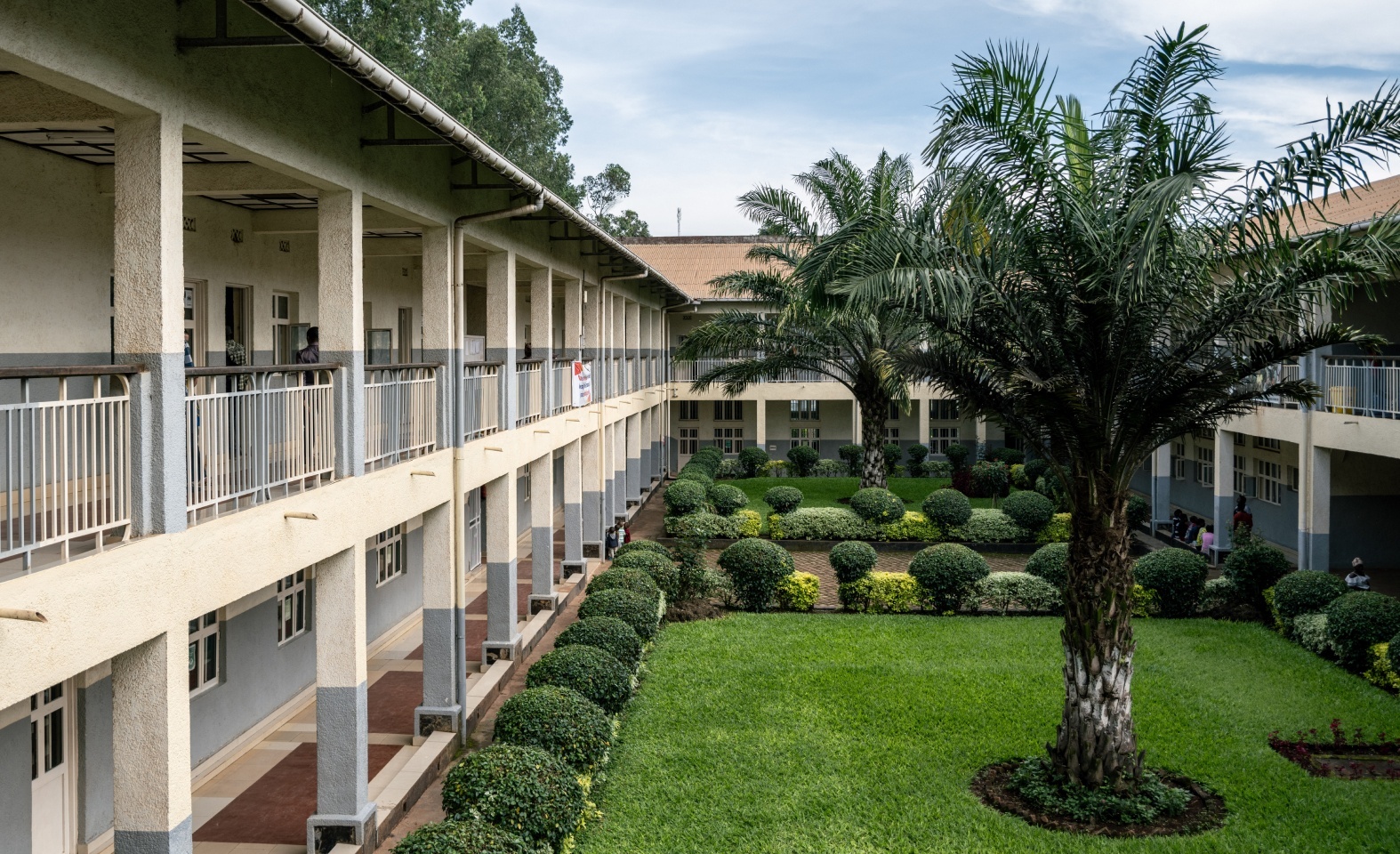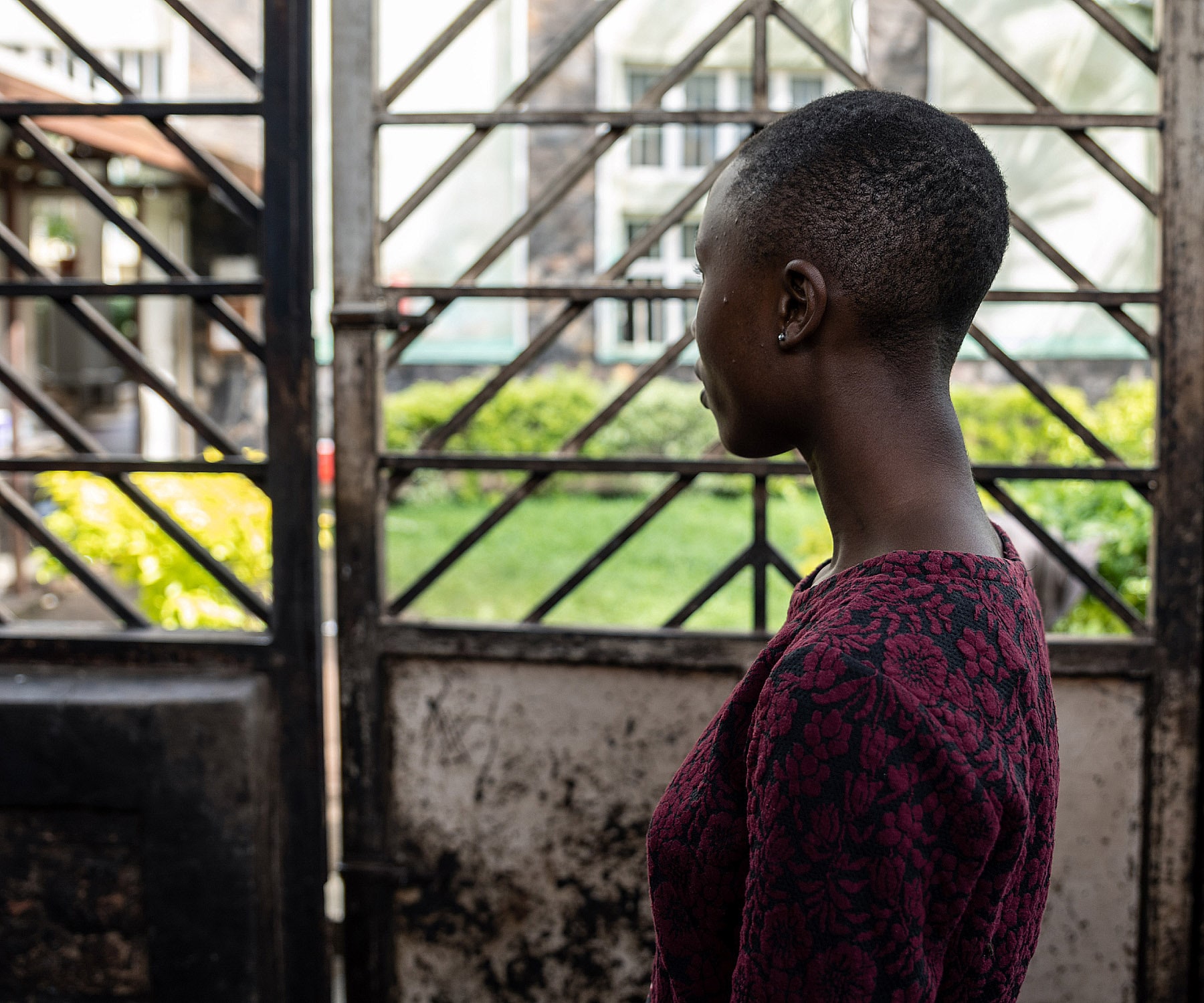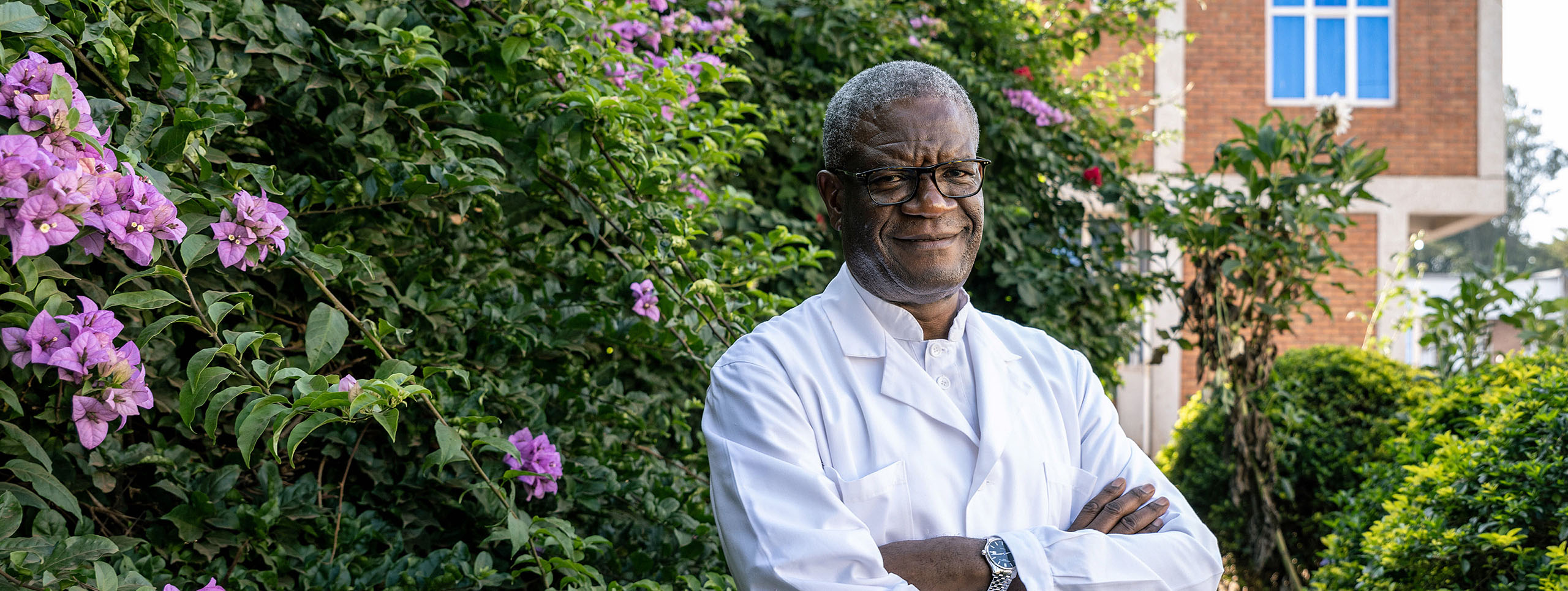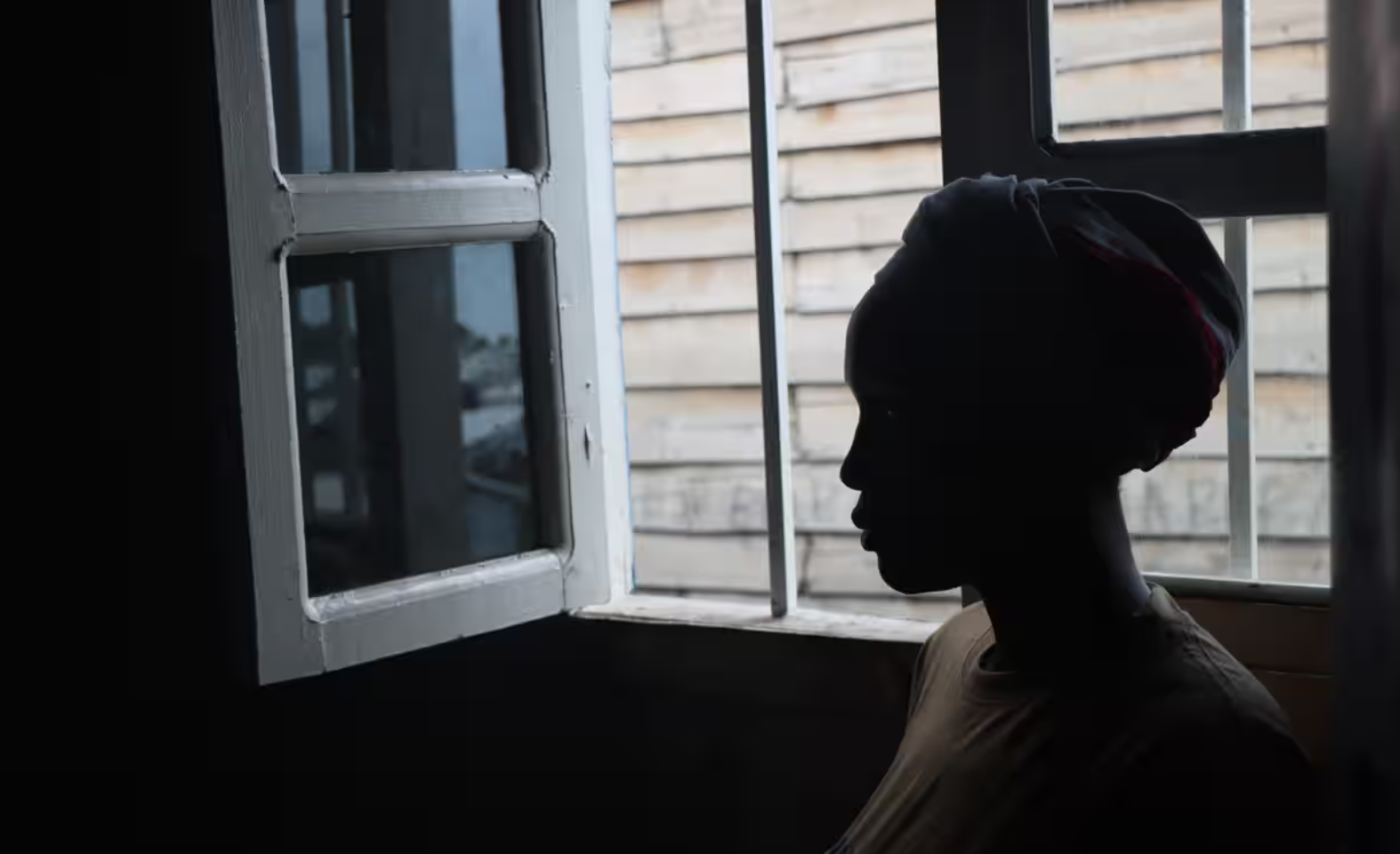The Panzi Foundation is proud to announce a new partnership with the Lavazza Foundation to train survivors of sexual violence in the Democratic Republic of Congo (DRC) on cultivating and roasting coffee beans. This will serve as a job-skills opportunity that survivors can choose to be trained on as part of Panzi’s socio-economic reintegration pillar.
Because of the societal stigma associated with rape in the DRC, many survivors are unable to return to their homes or communities following their assault. And for some who may have been assaulted as part of militia-organized violence, they may no longer have a village or home to return to. Thus, survivors need skills and resources to be able to provide for themselves after they leave Panzi’s care. Panzi’s socio-economic pillar is designed to provide them with a diverse range of activities to be trained in, in order to meet market demand of the communities they choose to reintegrate into (rural, peri-urban, urban, etc.).
The addition of coffee cultivating as part of Panzi’s agronomic activities will complement both rural and urban markets, as some survivors will learn how to grow and harvest coffee for purchase by commercial buyers, while others will learn how to roast green coffee for consumption. The overall goal of the project is to sell coffee that has been grown by, harvested by, roasted by, and packaged by survivors of sexual violence. The profits from the coffee that is eventually sold will be reinvested back into the sustainability and replication of the project, all while supporting the livelihoods of survivors.
However, because it can take three years or more for new coffee plants to mature to the point that they are ready to be harvested, while one cohort of survivors learns the agronomics, another cohort of survivors will learn roasting green coffee purchased from another supplier in tandem. That way, progress and profits from coffee “roasted by” survivors can still be made in the interim period while Panzi’s coffee plants are maturing.
The Panzi Foundation is grateful for the support of the Lavazza Foundation to make this project a reality. Since 2004, the Lavazza Foundation has financed and supported 32 projects in 20 countries and 3 continents, the benefits of which are felt by over 146,000 coffee-growers. One aim shared by all of the programs is the development of sustainable entrepreneurship, to bring about an improvement in the living conditions of the entire community. The partnership with Panzi will be the Lavazza Foundation’s first project in the Democratic Republic of Congo.
The Lavazza Foundation supports the autonomy of local communities by emphasizing the value of female workers involving the younger generations. It encourages good agricultural practices in order to improve crop yields and coffee quality, and promotes the introduction of technological tools as a means to counter the effects of climate change.
